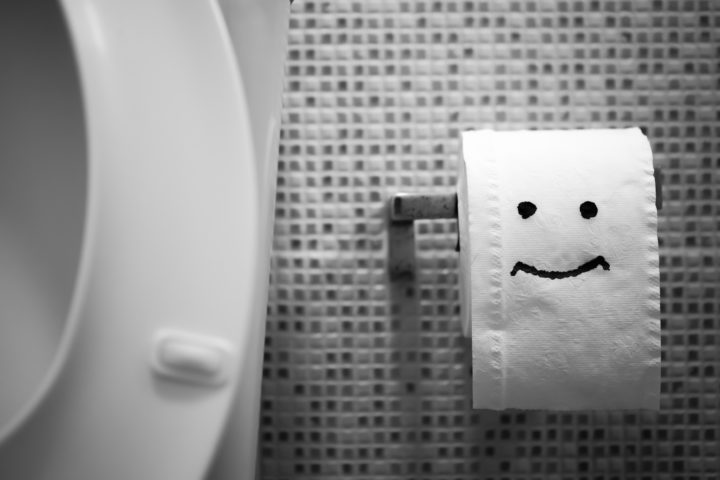We work hard to keep our networks clear and free of blockages, and there are things you can do to help too. If everyone recycles where possible, and disposes of waste in bins, we can all help to keep our sewers clear.
To find out which services we provide to your home please go to our IWNL Postcode Checker.

Our pipes are not as wide as you may think and something as small as a cotton bud could reduce the efficiency of the system and cause serious blockages, which could result in flooding in your neighbourhood. Used water, human waste and toilet paper are the only things that should be put down the toilet.
There are many simple changes you can make to avoid blockages and flooding, in your home and at work. Preventing blockages in your pipes is easy – take a second to think before you dispose of your household items.
For information on what you can and can’t put down your drains and toilets, please view our useful flyer. Keeping our sewers clear
Blocked drains – what to look out for
It often takes time for a blockage to build up and become apparent, but when a blockage does occur it will progressively get worse if left uncleared.
Understanding and knowing some signs and symptoms of a blockage will enable you to take the correct action to resolve the problem. A blockage can occur in your: toilet, shower, bath or sink.
If a blockage is particularly bad, water may not drain away at all. If you are only experiencing issues with one of the above fittings, then the blockage is probably localised to a pipe connected to that specific appliance.
If all of them are backed up, then the blockage is most likely to be in the sewer drain.
Water appearing elsewhere
- When flushing the toilet does it cause the water to rise in the shower?
- When running taps does it cause the water in the toilet to rise?
- Does using any other water-based appliances cause water to appear elsewhere?
Appearance of water elsewhere is a sign that the issue is a blocked drain. Visually check external drains and manhole covers on your property for signs of rising water.
Do not enter the manhole, hazardous gases and bacteria are highly dangerous.
Unusual odours or smells
A common indicator of an underlying issue is often the smell. Usually a smell will arise before any visual symptoms occur. It is vital any unusual odours are not ignored.
Early warning signs of unusual noises could be an indication of a blockage. Noises such as gurgling from toilet flushes, plug holes, pipes and drains. Air trapped in pipes occurs and can be heard when a blockage has been displaced and pushed through the system.
When to get in touch?
You are only responsible for the parts of the system that sit within your home’s boundaries and are used solely by your house. If you have any wastewater or sewer concerns in relation to your individual property, we recommend contacting a national company such as DynoRod
If the issue is within your home’s boundaries but shared with neighbouring properties and other properties are affected, then it is important to get in touch with us on 02920 028 711 as soon as possible.
If the blockage is located somewhere off-site, please notify us straight away to enable us to take the appropriate action quickly and resolve the problem as soon as possible.
